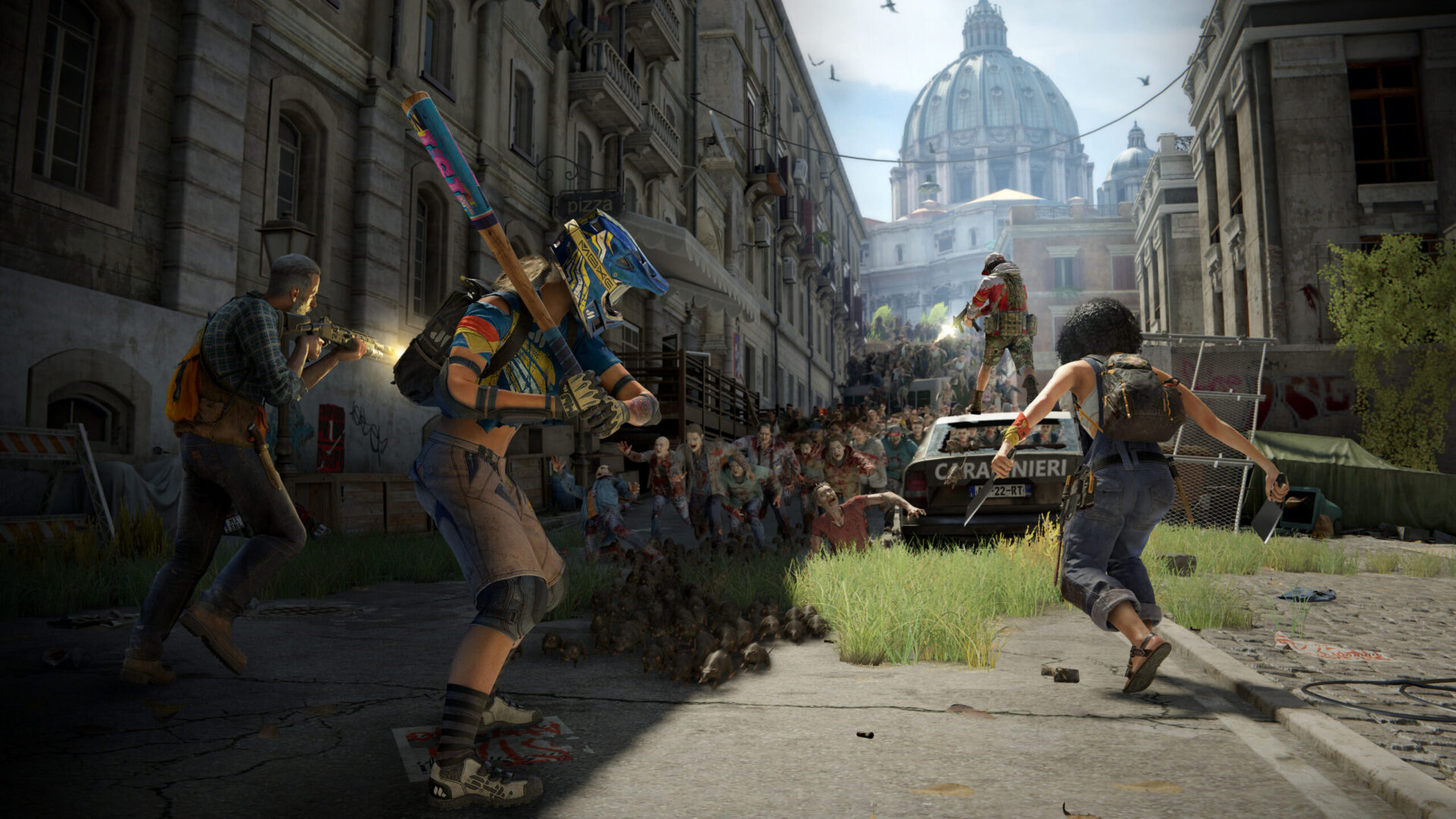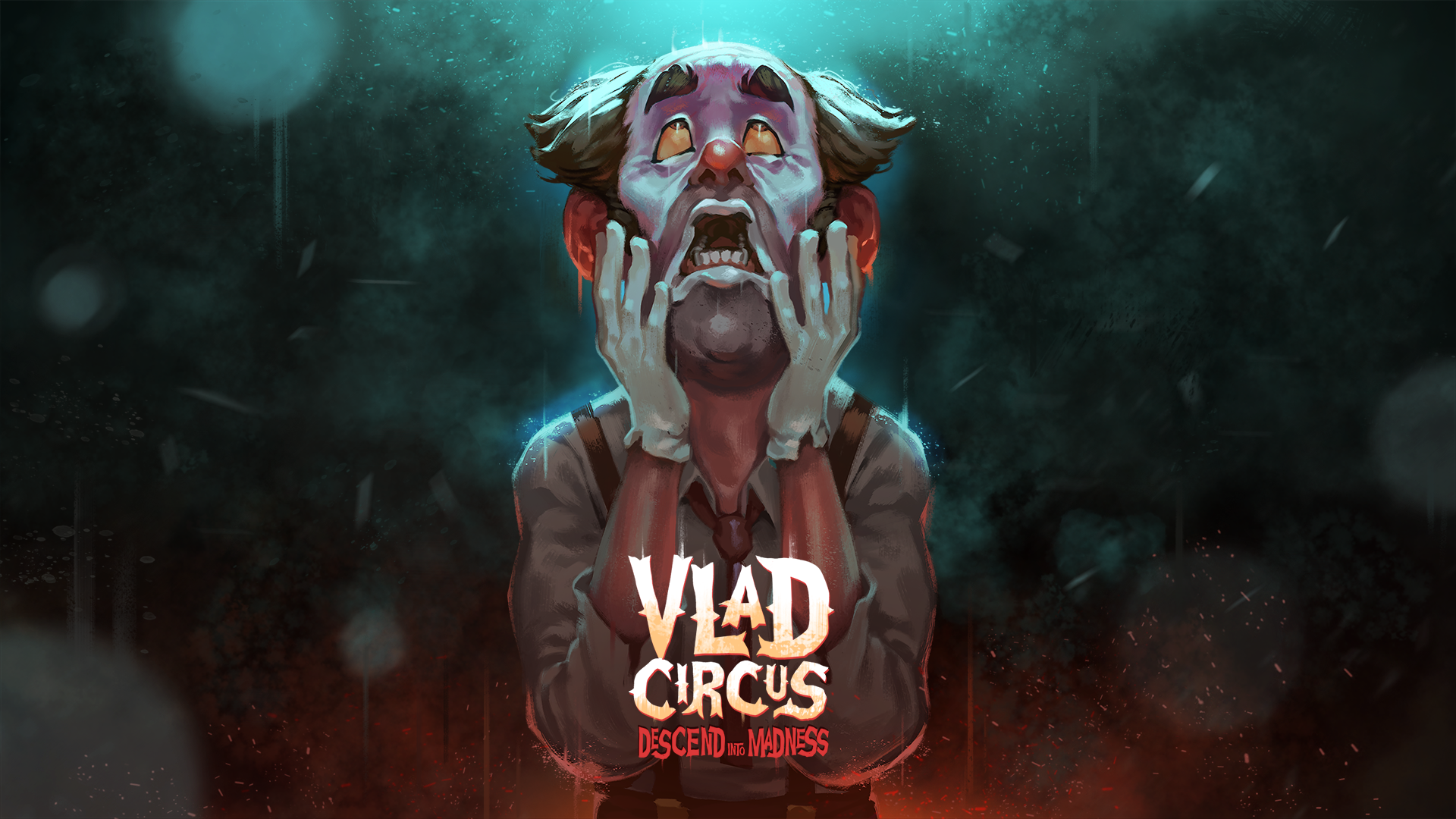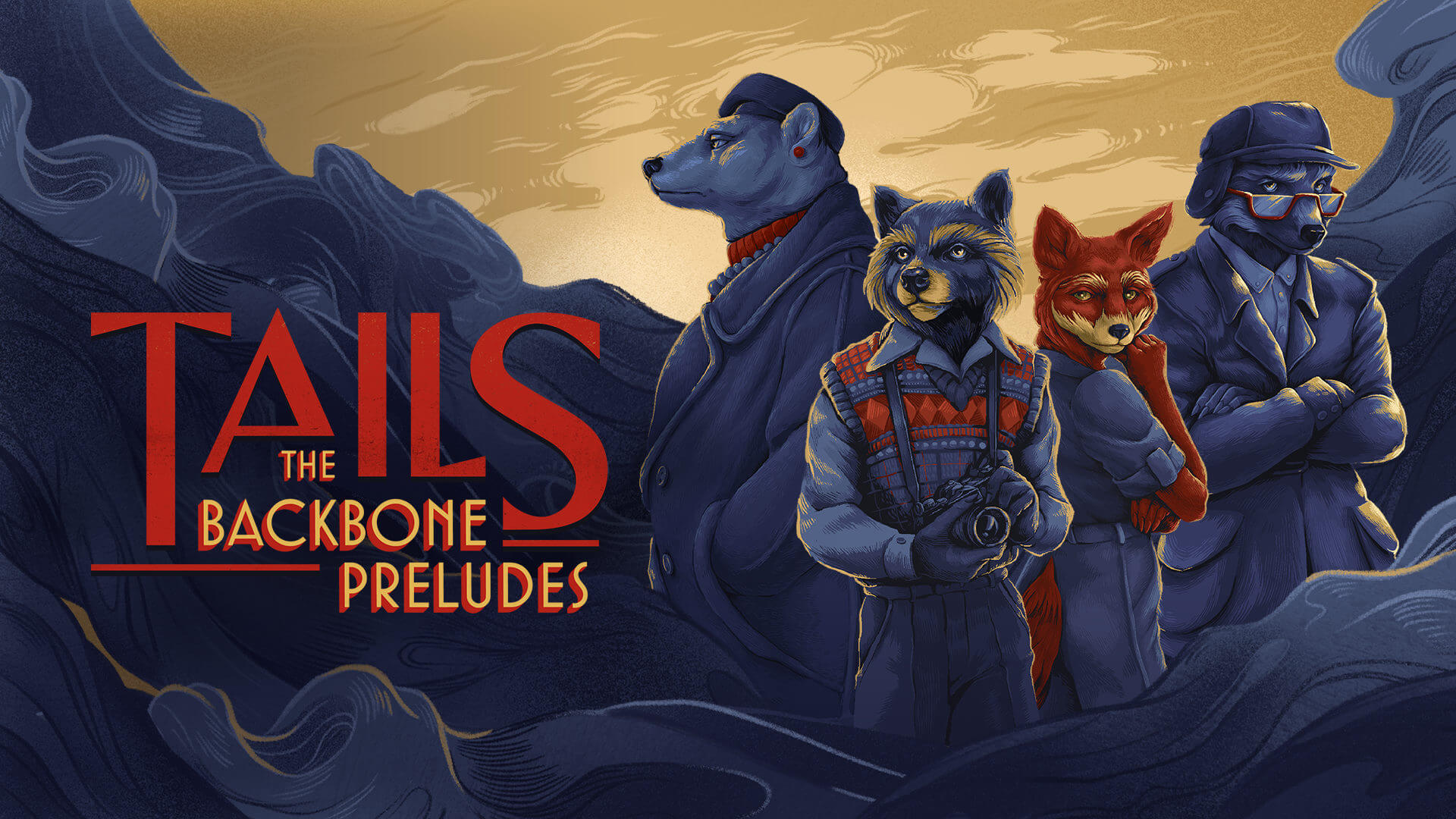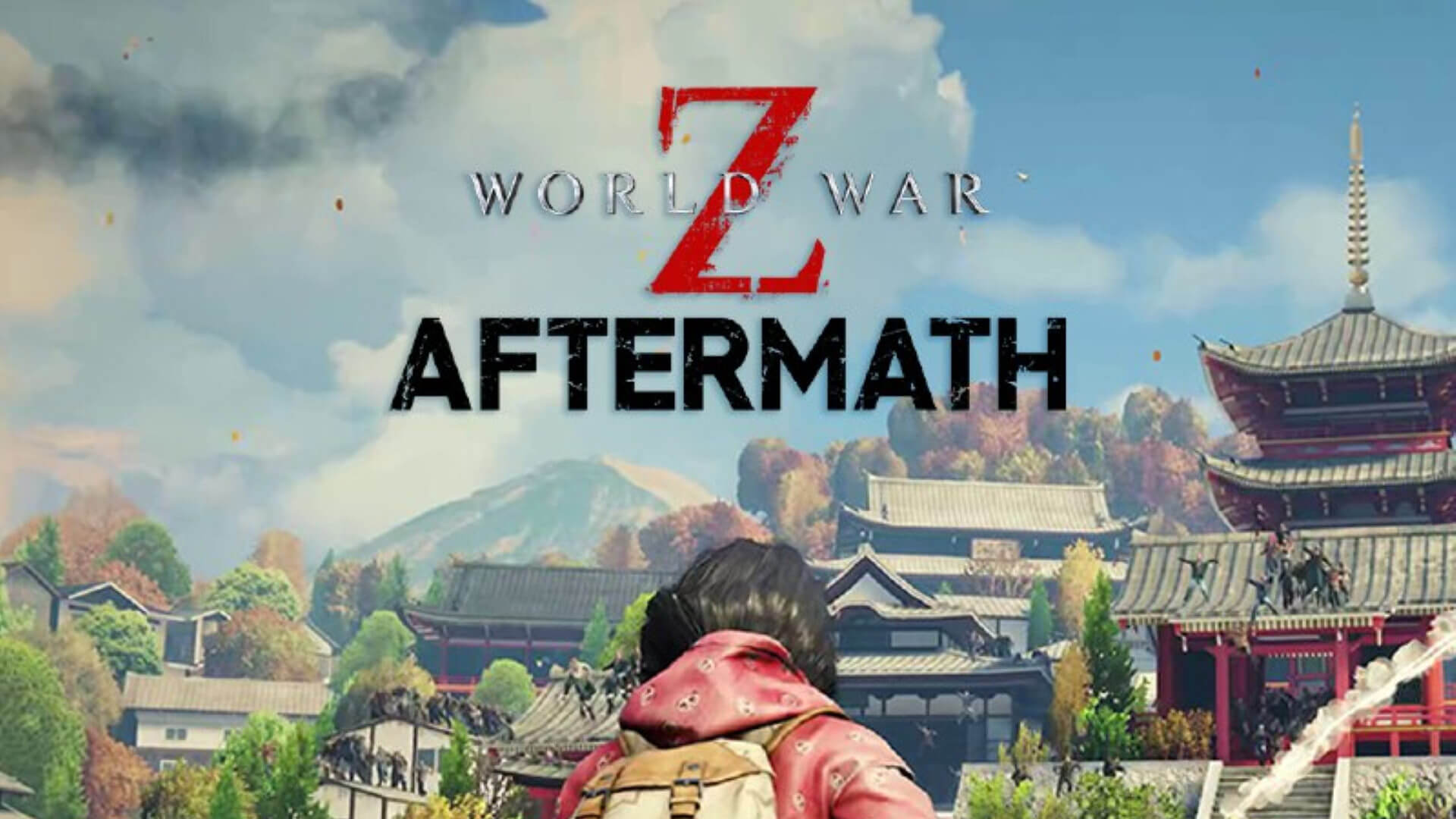
Top 5 Horror Games Based on Books
Long before horror fans were exploring haunted houses or mowing down hordes of zombies with a mouse and keyboard, they were scaring themselves silly with that most ancient of mediums, the written word. While direct videogame adaptations of horror books are a rare breed, this list counts down the top five stories of the macabre that made the jump from the printed page to the world of digital entertainment.
5. Parasite Eve
Here’s a weird one to get started. Developed by Square and released in 1998, Parasite Eve is an action RPG survival horror game that was released exclusively on the original PlayStation. In it, players take control of Aya Brea, a rookie NYPD cop trying to stop a bizarre bio-attack on the city by a mysterious woman with extraordinary powers. The game spawned two sequels; Parasite Eve 2 in 1999, again for the PlayStation, and The 3rd Birthday, released for the PlayStation Portable in 2010.
While the series never achieved the breakout success of Resident Evil or Silent Hill, the two other heavyweights of ‘90s survival horror, the games have nonetheless garnered something of a modest cult following over the years. While many horror gamers may have heard about Parasite Eve, what they may not know is that it’s actually a sequel to a Japanese novel of the same name published in 1995. Written by pharmacologist and novelist Hideaki Sena, the story centers around Eve, a super-consciousness inhabiting human mitochondria cells that seeks to become the ultimate evolutionary being. With Eve able to control humans through their mitochondria, the novel is a heady blend of body horror, outlandish science fiction, and technical medical descriptions. If you’ve ever thought that J-horror needed more lessons about kidney transplants (with diagrams and footnotes), these are the books for you!
4. World War Z
Primarily taking inspiration from the (let’s face it, petty mediocre) 2013 film and its spectacle of waves of CGI zombies, World War Z is a 2019 co-op third-person shooter available on Windows, Xbox One, PlayStation 4, and Nintendo Switch. However, the game has its roots back in the noughties, with a 2006 novel written by Max Brooks.
World War Z, or, to give it its full name, World War Z: an Oral History of the Zombie War, made a splash in zombie apocalypse literature for how it approached its subject matter. Rather than focusing on the exploits of a single band of survivors during the outbreak, the book instead presents itself as a record commissioned by the UN in the aftermath of a global undead catastrophe. Comprised of multiple eyewitness interviews from various stages of the pandemic, the book is noteworthy for painting a zombie apocalypse as an actual world-historical event, rather than merely a backdrop for survival exploits. Inspired by the format of Studs Terkel’s The Good War: An Oral History of World War II, Brooks’ World War Z could also be a good stepping stone for horror fans looking to explore historical nonfiction literature.
3. Metro 2033
This one was an obvious choice, but still worth including. The Metro series are trilogy of games created by Ukrainian-Maltese developers 4A Games, comprising of 2010’s Metro 2033, 2013’s Metro: Last Light, and 2019’s Metro Exodus. In them, players assume the role of Artyom, a survivor trying to get by in a world ravaged by nuclear war. Deep underground, in the crumbling ruins of Moscow’s metro system, the remnants of civilization cling on to a precarious existence beset on all sides by hunger, violence, radiation, and the mutated flora and fauna of this harsh new Earth.
The games were inspired by a 2002 Russian novel of the same name by author and journalist Dmitry Glukhovsky. Originally published online for free, the story was intended as an interactive experiment, with Glukhovsky writing chapters based on feedback from readers. Gathering a successful following, it was subsequently published as a physical book that, despite still being freely available in digital format, went on to become a bestseller. The book spawned two sequels – Metro 2034 and Metro 2035 – and a film adaptation that is currently in the works. Grim and inventive, the books use their bleak setting to discuss various themes like militarism, authoritarianism, capitalism, and the death of hope.
2. I Have No Mouth, And I Must Scream
If there was one story that deserved to be the poster child of the word ‘grimdark’, it would be this one. So bleak is this 1967 short story by Harlan Ellison that it even spawned its own trope, denoting a fate so bad that not even death is an escape. Set centuries in the future, the world has been rendered virtually uninhabitable by an apocalyptic war between America, China and the Soviet Union. What is left is now ruled over by AM, a seemingly omnipotent supercomputer built during the conflict that was ultimately responsible for wiping out most of humanity. Harboring a bottomless resentment towards the species that created it, AM exercises its hate by endlessly torturing the last five humans on earth.
The story became an instant science fiction classic, winning the prestigious Hugo Award a year after it was published. In 1998 it was adapted into a point-and-click adventure game by two publisher/ developers – Cyberdreams and The Dreamers Guild – and is currently available on Windows, Android and Linux. Players take control of AM’s five subjects, each of whom has been forced into exploring a tailored virtual reality built around their personal failings and fears. Ellison was heavily involved in the game’s development, writing a 130-page script for it and providing the voice talents for AM.
1. Roadside Picnic
The second Russian book to feature on this list, Roadside Picnic is a science fiction novel written by brothers Arkady and Boris Strugatsky. Written under the Soviet Union, the story was first released in 1972 in a Russian literary magazine and later released in 1977 in English, although it faced a grueling eight-year-long slog to get it published in book form in its native home due to the country’s heavy censorship. The story is set in the aftermath of an extraterrestrial event known as the Visitation, where six areas around the world were briefly visited by unknown alien beings before departing. These areas or ‘Zones’ became filled with strange and often deadly phenomena. Cordoned off by governments and the U.N., the Zones give rise to a subculture of entrepreneurial scavengers who scour them for valuable artifacts.
You’ll probably know of Roadside Picnic by the name given to these scavengers – stalkers. In 1979, the book was adapted into the cult classic film Stalker by director Andrei Tarkovsky, and serves as a heavy inspiration for the S.T.A.L.K.E.R. series by Ukrainian Developer GSC Game World. In these PC survival FPS games, players take on the role of individuals navigating the Chernobyl exclusion zone, after a second nuclear catastrophe there results in the presence of all manner of odd anomalies. Lauded for their atmosphere, slow-burn tension, and methodical gameplay, the S.T.A.L.K.E.R games are worth checking out if you’re in the mood for exploring the wasteland post-Soviet style. Good hunting, Stalker!




